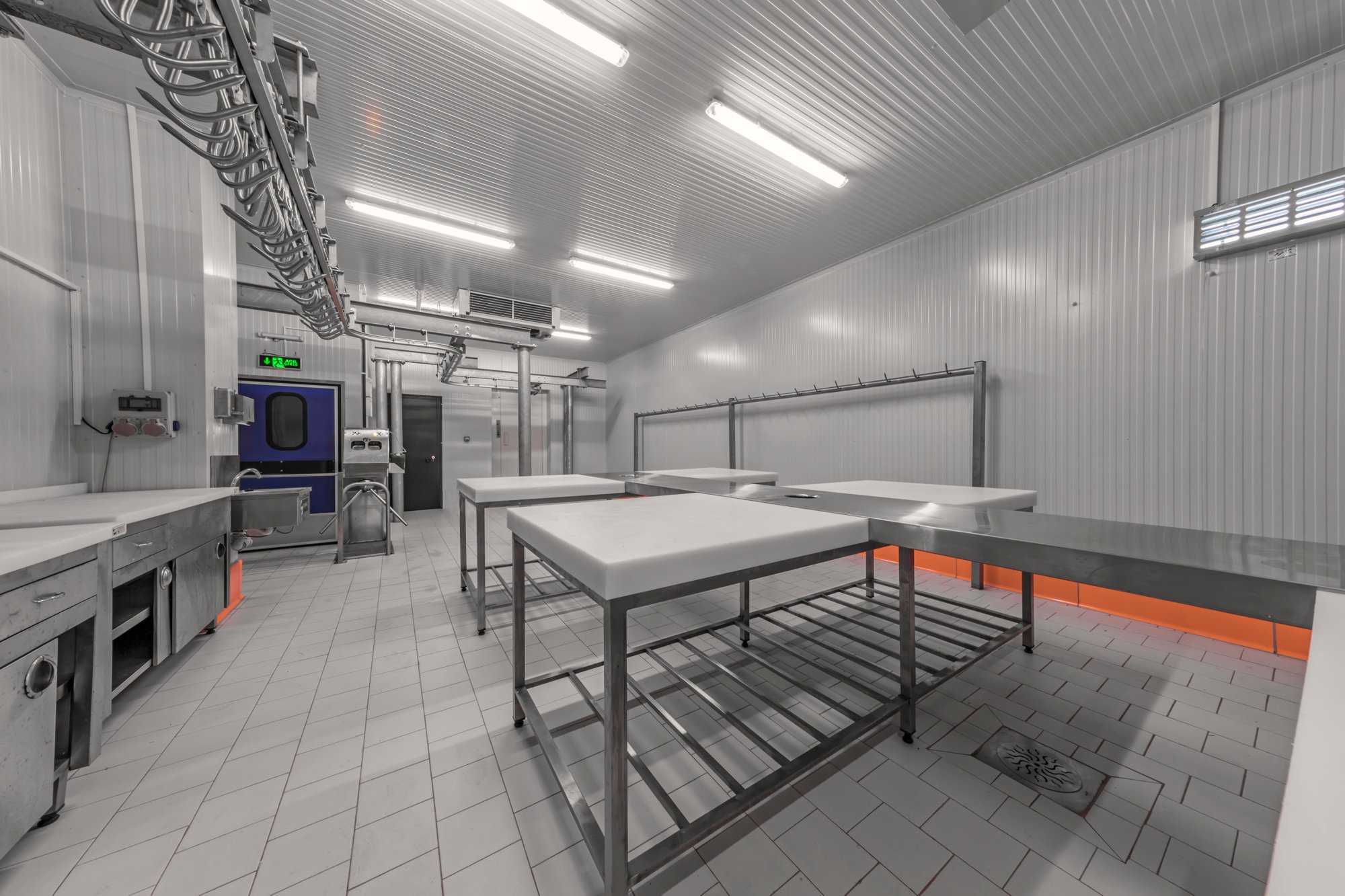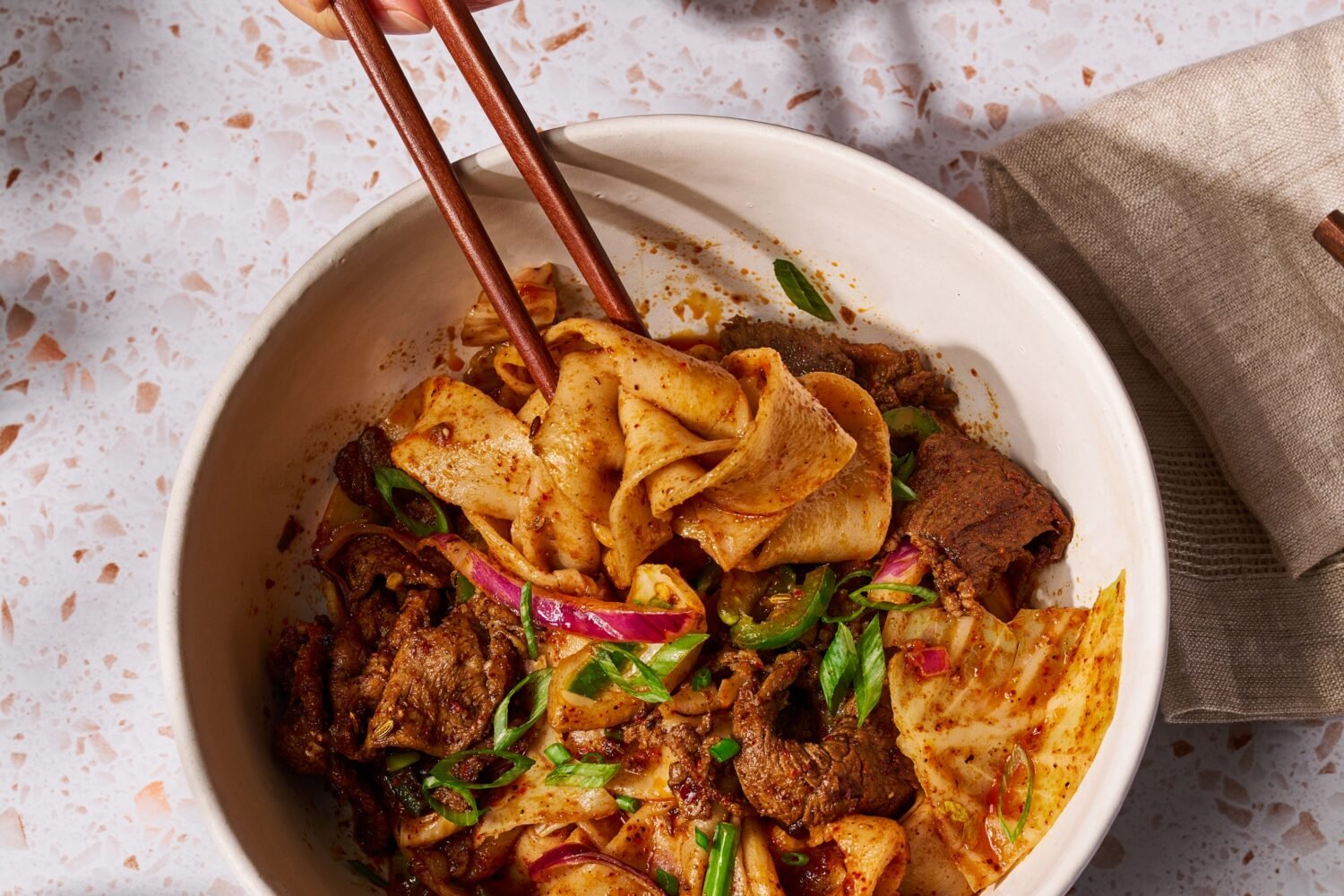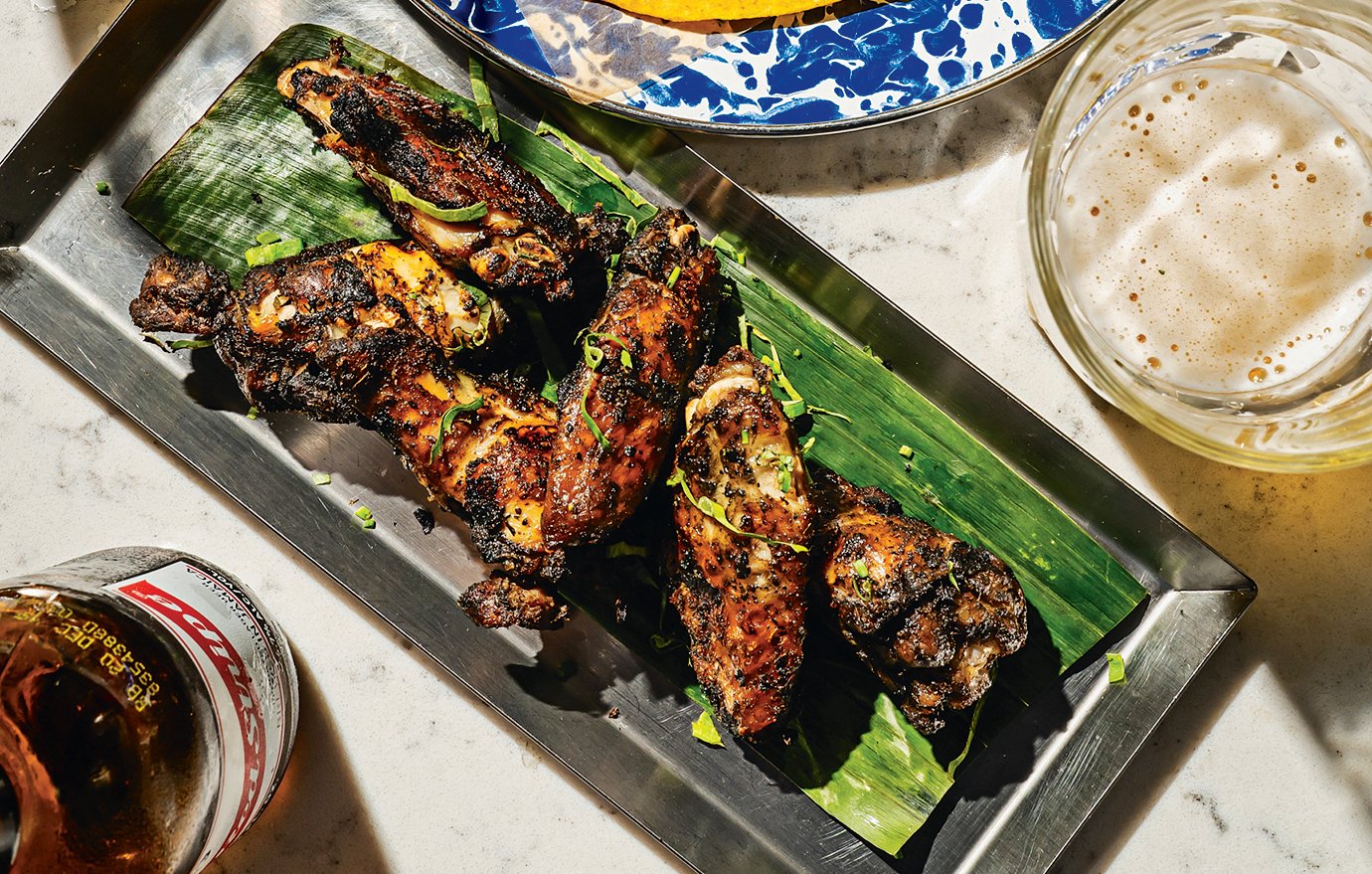Restaurateurs are already grappling with supply-chain snarls, labor shortages, and ever-changing red tape. But upcoming openings are being put on ice for a new reason: unusually slow turnaround times for custom-built walk-in refrigerators, an essential piece of kitchen equipment.
Before the pandemic, it took a brisk four weeks to get one. Now the wait can stretch to six months.
“It’s the silliest of delays,” says Josh Phillips, president of Destination Unknown Restaurants, which owns Ghostburger, Destino, and Las Gemelas. “It’s a refrigerator.”
When Phillips and his partners were looking to upgrade Ghostburger from a buzzy ghost kitchen inside the Shaw Mexican restaurant Espita to a brick-and-mortar space of its own, sourcing a walk-in became a sticking point. It would add at least two months to the opening date, costing the group $30,000 to $40,000 in rent before the business earned a dime. In the end, Phillips and his partners decided to forgo a new space entirely. They shuttered Espita and turned it into Ghostburger.
Meanwhile, it took nine months for the walk-in to arrive at Clarendon’s breezy West Coast–inspired Bar Ivy, pushing back its launch by more than a year.
The reason for the delays? A shortage of the chemicals necessary to make the insulating foams that fill a refrigerator’s walls.
Restaurateurs are adapting, anticipating the longer lead time to score a fridge. Yuan and Carey Tang, who own the 14th Street tasting-menu restaurant Rooster & Owl, were originally planning to open Ellie Bird, a family-friendly cafe in West Falls Church, last November. Now they’re hoping for February. Part of the reason for the delay was new snags: finding electrical panels and HVAC components that used to be easy to procure before the pandemic.
This article appears in the January 2023 issue of Washingtonian.















